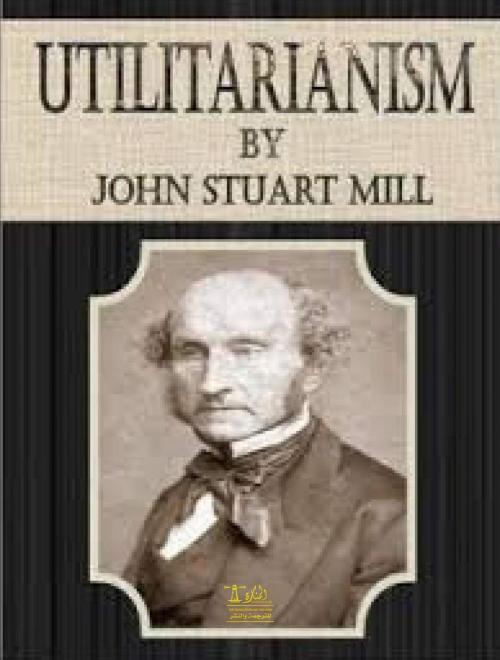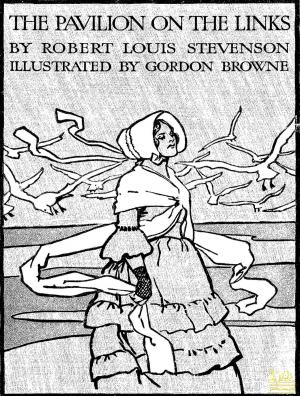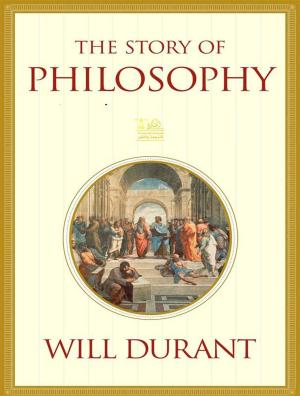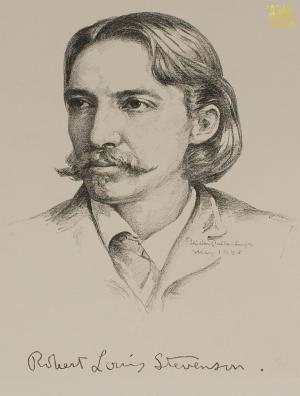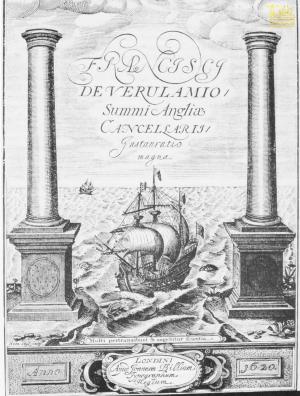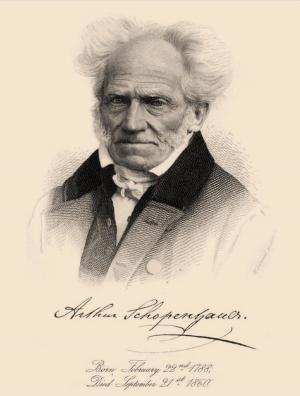Utilitarianism
Nonfiction, Religion & Spirituality, Philosophy, Logic, Aesthetics, Ethics & Moral Philosophy| Author: | John Stuart Mill | ISBN: | 9780599315235 |
| Publisher: | Lighthouse Books for Translation Publishing | Publication: | May 5, 2019 |
| Imprint: | Lighthouse Books for Translation and Publishing | Language: | English |
| Author: | John Stuart Mill |
| ISBN: | 9780599315235 |
| Publisher: | Lighthouse Books for Translation Publishing |
| Publication: | May 5, 2019 |
| Imprint: | Lighthouse Books for Translation and Publishing |
| Language: | English |
John Stuart Mill's book Utilitarianism is a classic exposition and defence of utilitarianism in ethics. The essay first appeared as a series of three articles published in Fraser's Magazine in 1861; the articles were collected and reprinted as a single book in 1863.
The eldest son of the British historian, economist, and philosopher James Mill, he was born in his father’s house in Pentonville, London. He was educated exclusively by his father, who was a strict disciplinarian. By his eighth year he had read in the original Greek Aesop’s Fables, Xenophon’s Anabasis, and the whole of the historian Herodotus. He was acquainted with the satirist Lucian, the historian of philosophy Diogenes Laërtius, the Athenian writer and educational theorist Isocrates, and six dialogues of Plato. He had also read a great deal of history in English. At the age of eight he started Latin, the geometry of Euclid, and algebra and began to teach the younger children of the family. His main reading was still history, but he went through all the Latin and Greek authors commonly read in the schools and universities and, by the age of 10 could read Plato and the Athenian statesman Demosthenes with ease. About the age of 12, he began a thorough study of Scholastic logic, at the same time reading Aristotle’s logical treatises in the original. In the following year he was introduced to political economy and studied the work of the Scottish political economist and philosopher Adam Smith and that of the English economist David Ricardo.
While the training the younger Mill received has aroused amazement and criticism, its most important aspect was the close association it fostered with the strenuous character and vigorous intellect of his father. From his earliest days he spent much time in his father’s study and habitually accompanied him on his walks. He thus inevitably acquired many of his father’s speculative opinions and his father’s way of defending them. But he did not receive the impress passively and mechanically. The duty of collecting and weighing evidence for himself was at every turn impressed upon the boy. His childhood was not unhappy, but it was a strain on his constitution and he suffered from the lack of natural, unforced development.
From May 1820 until July 1821, Mill was in France with the family of Sir Samuel Bentham, brother of Jeremy Bentham, the English Utilitarian philosopher, economist, and theoretical jurist. Copious extracts from a diary kept at this time show how methodically he read and wrote, studied chemistry and botany, tackled advanced mathematical problems, and made notes on the scenery and the people and customs of the country. He also gained a thorough acquaintance with the French language. On his return in 1821 he added to his work the study of psychology and of Roman law, which he read with John Austin, his father having half decided on the bar as the best profession open to him. This intention, however, was abandoned, and in 1823, when he had just completed his 17th year, he entered the examiner’s office of the India House. After a short probation he was promoted in 1828 to assistant examiner. For 20 years, from 1836 (when his father died) to 1856, Mill had charge of the British East India Company’s relations with the Indian states, and in 1856 he became chief of the examiner’s office.
John Stuart Mill's book Utilitarianism is a classic exposition and defence of utilitarianism in ethics. The essay first appeared as a series of three articles published in Fraser's Magazine in 1861; the articles were collected and reprinted as a single book in 1863.
The eldest son of the British historian, economist, and philosopher James Mill, he was born in his father’s house in Pentonville, London. He was educated exclusively by his father, who was a strict disciplinarian. By his eighth year he had read in the original Greek Aesop’s Fables, Xenophon’s Anabasis, and the whole of the historian Herodotus. He was acquainted with the satirist Lucian, the historian of philosophy Diogenes Laërtius, the Athenian writer and educational theorist Isocrates, and six dialogues of Plato. He had also read a great deal of history in English. At the age of eight he started Latin, the geometry of Euclid, and algebra and began to teach the younger children of the family. His main reading was still history, but he went through all the Latin and Greek authors commonly read in the schools and universities and, by the age of 10 could read Plato and the Athenian statesman Demosthenes with ease. About the age of 12, he began a thorough study of Scholastic logic, at the same time reading Aristotle’s logical treatises in the original. In the following year he was introduced to political economy and studied the work of the Scottish political economist and philosopher Adam Smith and that of the English economist David Ricardo.
While the training the younger Mill received has aroused amazement and criticism, its most important aspect was the close association it fostered with the strenuous character and vigorous intellect of his father. From his earliest days he spent much time in his father’s study and habitually accompanied him on his walks. He thus inevitably acquired many of his father’s speculative opinions and his father’s way of defending them. But he did not receive the impress passively and mechanically. The duty of collecting and weighing evidence for himself was at every turn impressed upon the boy. His childhood was not unhappy, but it was a strain on his constitution and he suffered from the lack of natural, unforced development.
From May 1820 until July 1821, Mill was in France with the family of Sir Samuel Bentham, brother of Jeremy Bentham, the English Utilitarian philosopher, economist, and theoretical jurist. Copious extracts from a diary kept at this time show how methodically he read and wrote, studied chemistry and botany, tackled advanced mathematical problems, and made notes on the scenery and the people and customs of the country. He also gained a thorough acquaintance with the French language. On his return in 1821 he added to his work the study of psychology and of Roman law, which he read with John Austin, his father having half decided on the bar as the best profession open to him. This intention, however, was abandoned, and in 1823, when he had just completed his 17th year, he entered the examiner’s office of the India House. After a short probation he was promoted in 1828 to assistant examiner. For 20 years, from 1836 (when his father died) to 1856, Mill had charge of the British East India Company’s relations with the Indian states, and in 1856 he became chief of the examiner’s office.
